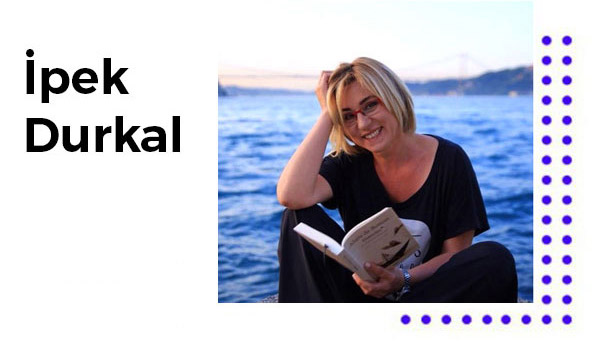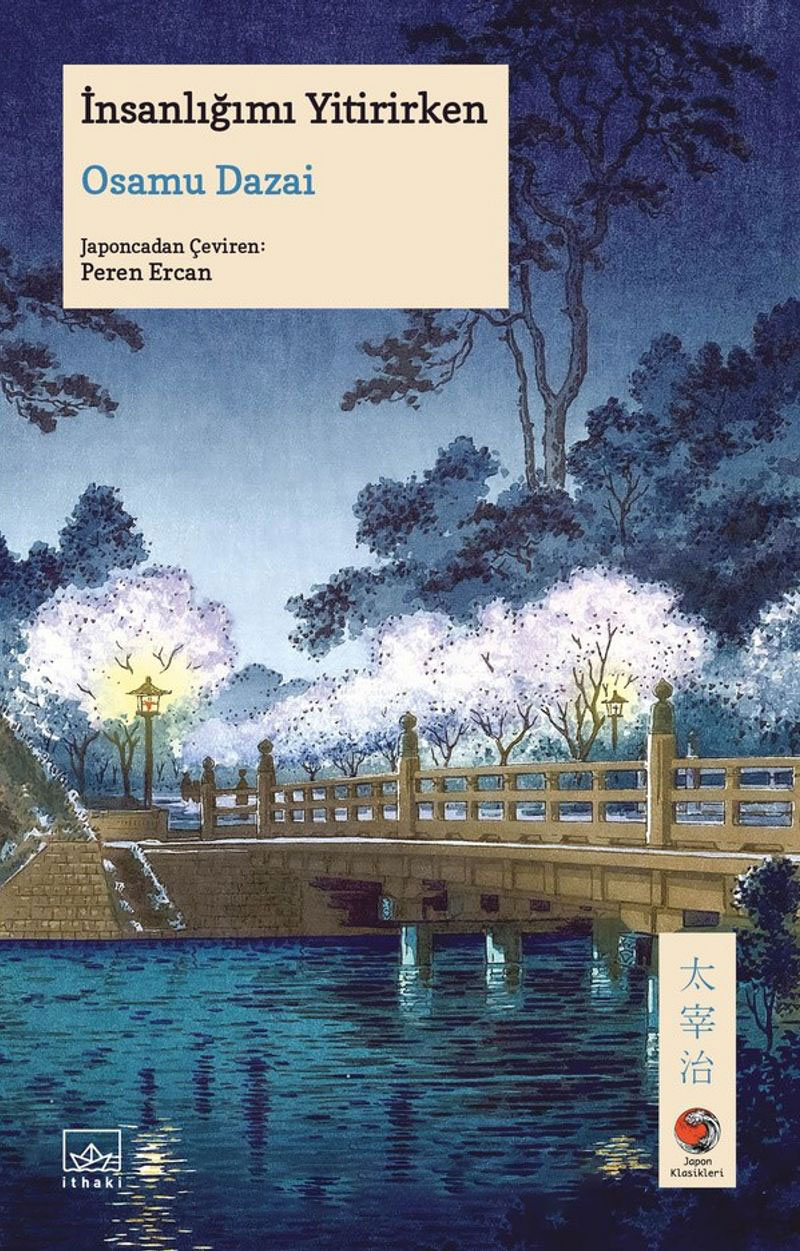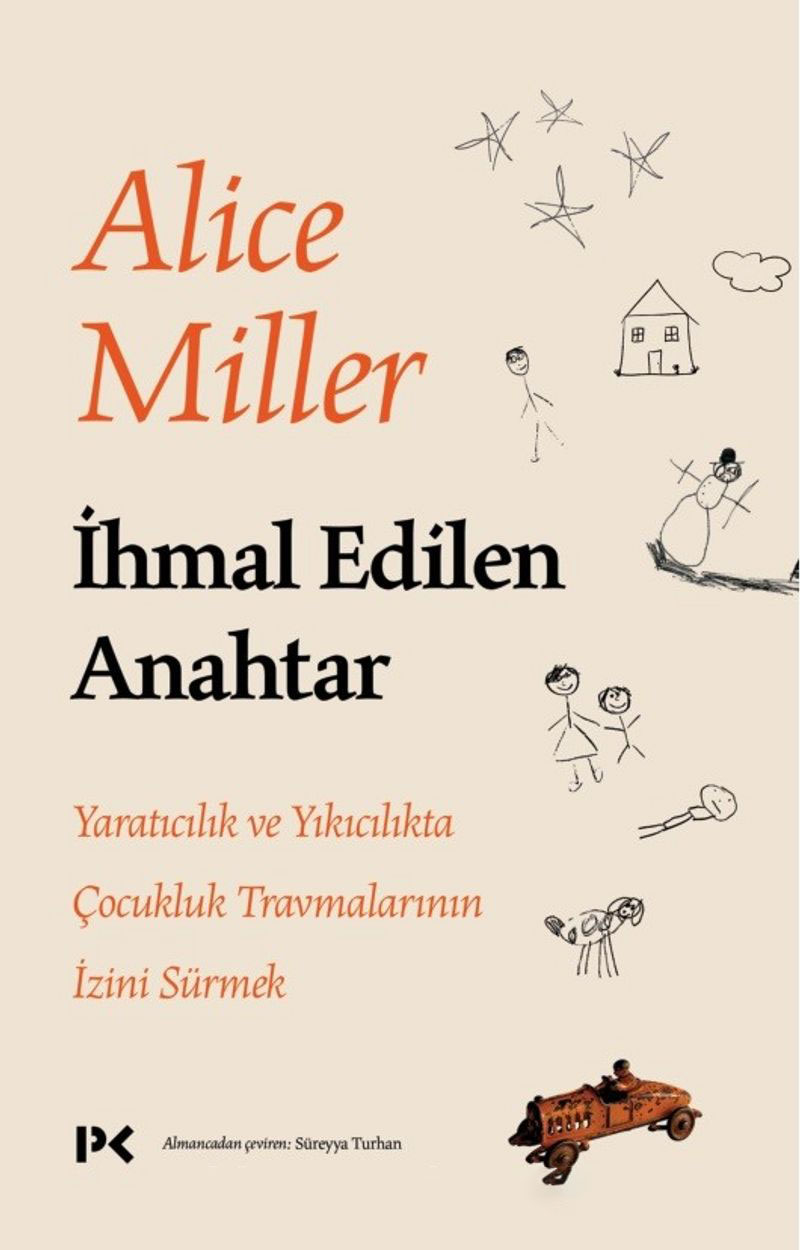
Osamu Dazai, a prominent figure in Japanese literature, penned the semi-autobiographical work ‘No Longer Human’ in 1948, which has become the second best-selling book in Japan to date. Moreover, it is so widely embraced by the Japanese people that it is often considered ‘public property’. I purchased the book when I noticed it on our ‘bestseller’ list after it was recently translated into Turkish.
The reason why the Japanese have embraced this book as public property might be linked to the tragic life of the author, Dazai, who committed suicide by jumping into a river with his lover shortly after writing the book, at the young age of 39. With a history of multiple suicide attempts, Dazai’s final novel, ‘No Longer Human,’ is often referred to as a ‘literary suicide note’ in Japan.
“Dazai expresses, ‘I was nothing but a shameless, stupid ghost, a living corpse who still hadn’t managed to die,’” and through the character of Oba Yozo in the book, he actually communicates his inner world to the reader.
As one reads about Yozo’s struggle to gain acceptance by being a ‘clown’ and making others laugh, Tolstoy’s words resonate: “A sharp pain is hidden in the heart of those who laugh too much.”
Yozo is portrayed as an ‘other’ who continually disappoints those around him, pretending to be someone he’s not in order to belong, feeling estranged from himself and everything around him.
But he is also questioning, “What exactly is this thing we call society? When you mention society, aren’t you actually talking about yourself?”
‘Losing My Humanity’ is essentially the poignant farewell letter of a life consumed by the harsh realities of society.
It also makes you question your own humanity!

I wonder what kind of a child they were/I was?
We construct ourselves based on the pain we endured in our childhood, on suppressed emotions, on unspoken words…
I’ve previously suggested the book ‘The Body Never Lies’ by psychoanalyst Alice Miller, whose works have been translated into over 20 languages. I will now write a few sentences about the book ‘The Untouched Key’ (Der gemiedene Schlüssel), published under the subtitle ‘Tracing Childhood Traumas in Creativity and Destructiveness’. In her book, Miller examines significant figures who have shaped the world, exploring the impact of their childhood experiences.
She explains to the reader the reasons behind Nietzsche’s harsh attitude towards women and religion, Hitler’s cruelty and violence, and why Buster Keaton, known as ‘The Great Stone Face’, rarely smiled, all while tracing the childhood traumas that influenced each of them.
“Childhood experiences are often underestimated and perceived as inconsequential. I disagree with the notion that adult thoughts and opinions should be valued without considering their connection to childhood experiences,” Miller emphasizes. She also highlights that the substance and significance of thoughts cannot be divorced from childhood experiences; “Understanding a person’s life requires an understanding of their childhood.”
In essence, when we fail to comprehend a person (or even ourselves), when we resort to blame and anger, rather than rushing to judgment, we should pause and reflect on ‘what kind of child were they/was I?’



